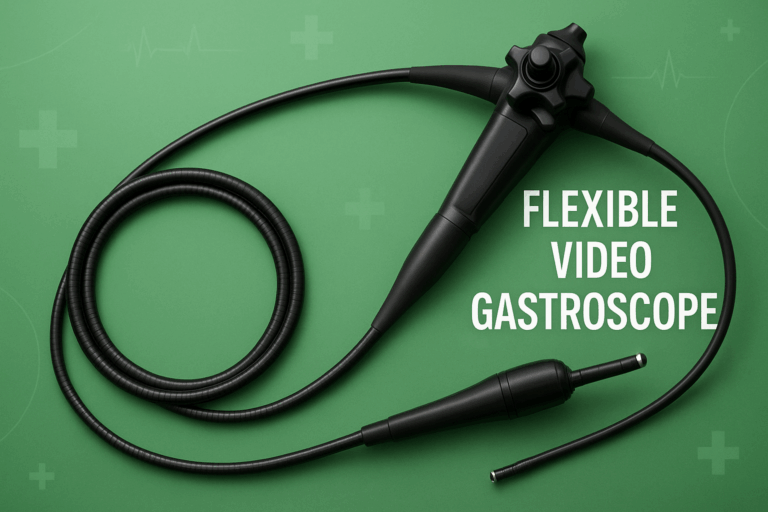Radiology’s Role in Health Economics: World7 id, Mahadev betting login, Silver 777 login
world7 id, mahadev betting login, silver 777 login: Radiology’s Role in Health Economics
Radiology plays a crucial role in the field of healthcare. It is a branch of medicine that uses imaging technology, such as X-rays, CT scans, and MRIs, to diagnose and treat various medical conditions. Radiology not only helps physicians make accurate diagnoses but also plays a significant role in health economics.
In this blog post, we will explore the importance of radiology in health economics and how it contributes to the overall efficiency and cost-effectiveness of healthcare systems.
The Value of Radiology in Healthcare
Radiology is an essential component of modern healthcare systems. It allows healthcare providers to visualize the internal structures of the body, helping them identify and diagnose a wide range of medical conditions. Without radiology, many diseases and conditions would go undetected, leading to delayed treatment and poorer outcomes for patients.
Moreover, radiology plays a crucial role in guiding medical interventions and treatments. For example, interventional radiology procedures use imaging technology to guide minimally invasive treatments, reducing the need for more invasive surgeries and shorter hospital stays. This not only improves patient outcomes but also reduces healthcare costs.
The Role of Radiology in Health Economics
Radiology has a significant impact on health economics. By enabling early and accurate diagnoses, radiology helps healthcare providers deliver timely and appropriate care to patients, ultimately leading to better health outcomes and reduced healthcare costs.
In addition, radiology plays a crucial role in optimizing healthcare resource utilization. By providing valuable information to healthcare providers, radiology helps them make informed decisions about the most appropriate treatment options for patients, avoiding unnecessary procedures and reducing healthcare expenditures.
Furthermore, radiology can contribute to the overall efficiency of healthcare systems by reducing the length of hospital stays, minimizing the risk of complications, and improving the overall quality of care. This, in turn, can lead to cost savings for healthcare providers and payers.
Radiology and Value-Based Care
Value-based care is a healthcare delivery model that focuses on providing high-quality care at an affordable cost. Radiology plays a crucial role in supporting value-based care initiatives by helping healthcare providers deliver cost-effective, evidence-based care to patients.
For example, radiology can help healthcare providers identify the most appropriate imaging tests for patients, avoiding unnecessary procedures and reducing healthcare costs. Additionally, radiology can help healthcare providers monitor patient outcomes and track their progress over time, enabling them to adjust treatment plans as needed to achieve better outcomes.
By supporting value-based care initiatives, radiology can help healthcare systems improve patient outcomes, reduce healthcare costs, and enhance the overall quality of care provided to patients.
Radiology and Healthcare Spending
Healthcare spending is a major concern for healthcare systems around the world. Radiology plays a crucial role in controlling healthcare costs by helping healthcare providers deliver cost-effective care to patients.
For example, radiology can help healthcare providers identify cost-effective treatment options for patients, avoiding unnecessary procedures and reducing healthcare expenditures. Additionally, radiology can help healthcare providers detect medical conditions at an early stage, enabling them to initiate timely treatment and prevent expensive complications.
By enabling healthcare providers to deliver cost-effective care, radiology plays a crucial role in controlling healthcare spending and ensuring the sustainability of healthcare systems.
FAQs
Q: How does radiology impact healthcare costs?
A: Radiology helps healthcare providers deliver cost-effective care by enabling early and accurate diagnoses, guiding medical interventions, and optimizing healthcare resource utilization.
Q: What is value-based care, and how does radiology support it?
A: Value-based care is a healthcare delivery model that focuses on providing high-quality care at an affordable cost. Radiology supports value-based care initiatives by helping healthcare providers deliver cost-effective, evidence-based care to patients.
Q: How can radiology help reduce healthcare spending?
A: Radiology can help healthcare providers identify cost-effective treatment options, avoid unnecessary procedures, and detect medical conditions at an early stage, ultimately reducing healthcare expenditures.
In conclusion, radiology plays a crucial role in health economics by enabling early and accurate diagnoses, guiding medical interventions, supporting value-based care initiatives, and controlling healthcare spending. By optimizing healthcare resource utilization and improving patient outcomes, radiology helps healthcare systems deliver cost-effective care to patients and ensure the sustainability of healthcare systems.







